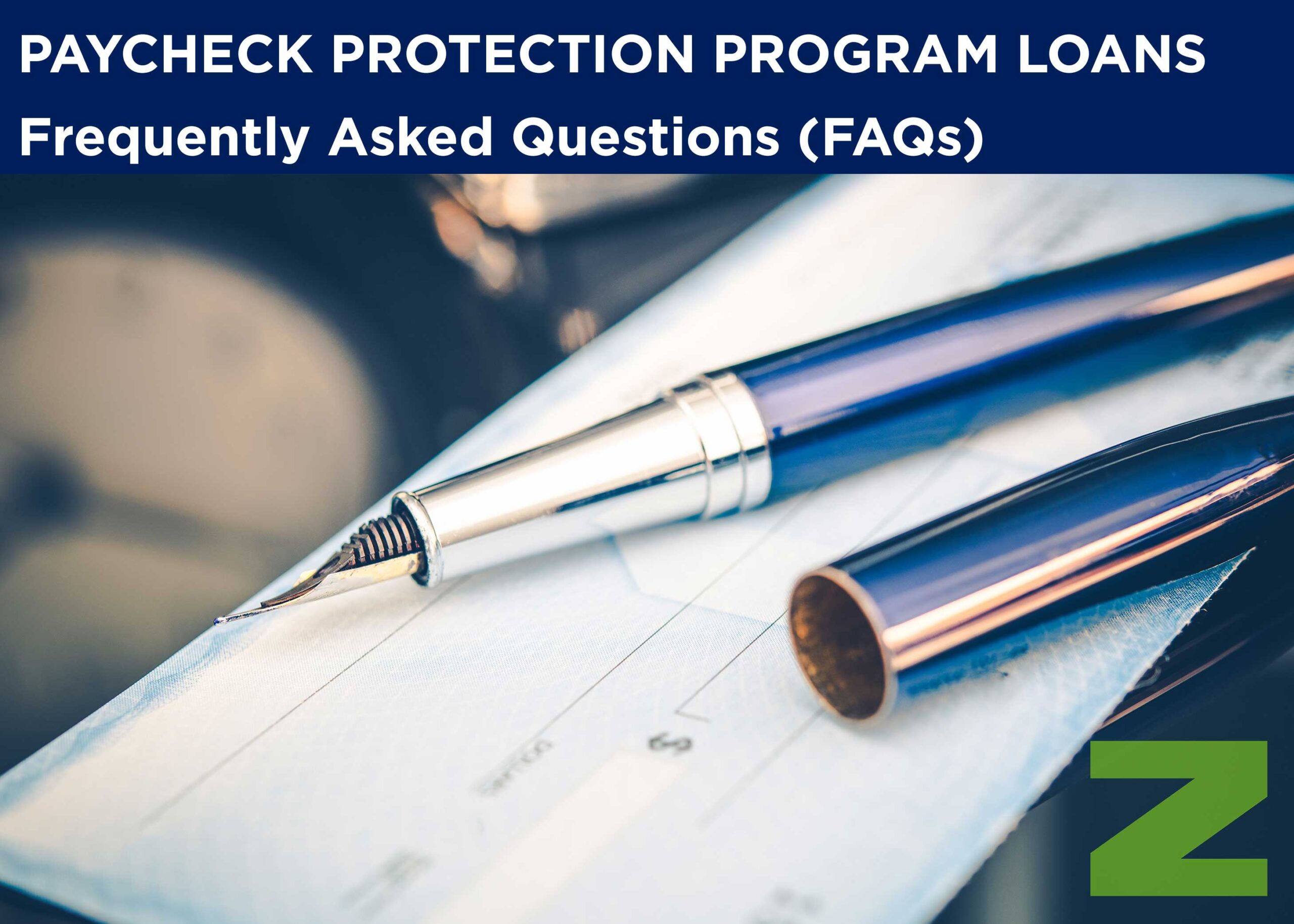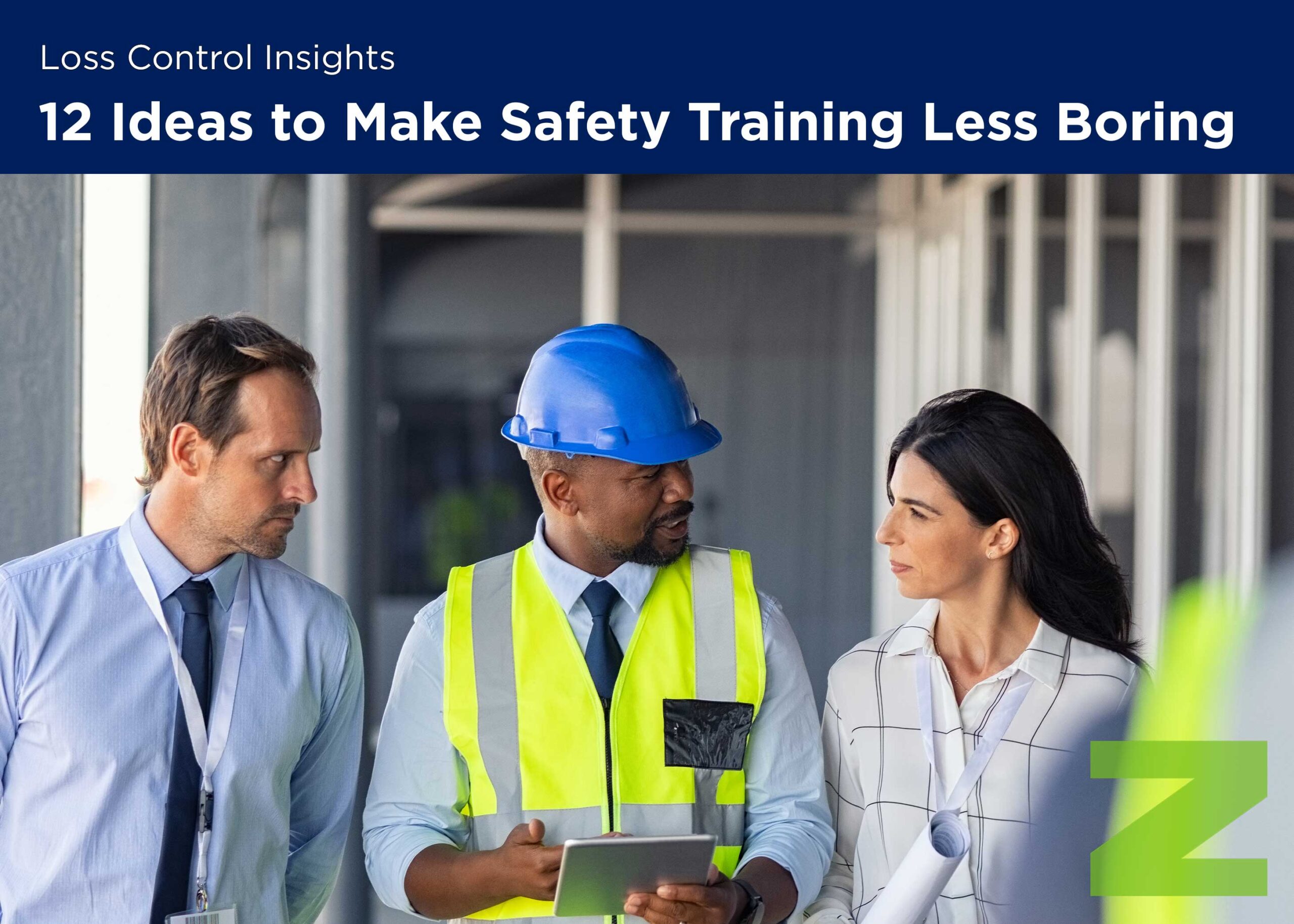by Laura Pokrzywa
If you are an employer planning to hire a teenager, you need to be careful to comply with federal and state child labor laws. These laws set forth specific guidelines for the hiring process, the working conditions, and the hours an underage employee may work.
It is more than just putting up a poster or getting parental consent.
In 2011, several Chuck E. Cheese restaurants were fined more than $28,000 by the Department of Labor (DOL) for violating federal child labor laws. The crime: these child-friendly restaurants had allowed their younger employees to operate trash compactors and dough mixing machines. Likewise, Build-a-Bear Workshop was fined $25,600 in 2009. The retailer, which offers customers the opportunity to create custom stuffed animals, allowed 16- and 17-year-old employees to operate trash compactors and to ride in a freight elevator that did not have an assigned operator. The lesson: when it comes to child labor, know the law and make doubly certain that safety is your top priority—even if an assigned task is simple or seems like a good learning opportunity.
How young is too young?
The Fair Labor Standards Act (FLSA) is the framework for federal child labor regulations. The FLSA mandates 16 as the minimum age for non-agricultural employment. However, the federal law allows 14- and 15-year-olds to be employed outside school hours in various non-manufacturing, non-mining, non-hazardous jobs. These federal child labor provisions do NOT apply to:
- Children 16- and 17-years of age employed by their parents in occupations other than those declared hazardous by the Secretary of Labor.
- Children under 16 years of age employed by their parents in occupations other than manufacturing or mining, or occupations declared hazardous by the Secretary of Labor.
How long can they work?
Federal law sets no limits on hours worked for youth age 16 and up. The FLSA does set the following time limits for 14- and 15-year olds:
- No more than 3 hours a day on school days, including Fridays;
- No more than 18 hours per week in school weeks;
- No more than eight (8) hours a day on non-school days;
- No more than 40 hours per week when school is not in session.
Many states, however, have more specific or stringent regulations. For example, in Pennsylvania, 14- and 15-year-olds may not work before 7:00 a.m., nor after 7:00 p.m., except from June 1 through Labor Day, when their permissible hours are extended to 9:00 p.m. If they are enrolled in summer school they may not be employed for more than 18 hours during a regular school week. That number increases to 28 hours for a minor 16 or 17 years of age enrolled in summer school. In Pennsylvania, minors 16 years of age and older who are not enrolled in summer school may work up to 10 hours a day and can work as late as 1:00 AM. Minors may not work more than 48 hours in a single week. Additionally, any hours worked in excess of 44 in a single week must be voluntarily agreed to by the minor. If the minor rejects a request to work more than 44 hours in a single week, the employer cannot retaliate in any way.
What can they do?
According to the FLSA, all employees under the age of 18 in non-agricultural occupations are prohibited from engaging in hazardous activities such as anything involving explosives, roofing, operating certain power tools (such as circular saws or band saws), operating large power-driven machinery (such as paper box compactors, wood-working equipment, meat-processing equipment and large mixers), or operating power-driven hoists (such as fork lifts), to name a few. The DOL may provide limited exceptions for some of these tasks if the minor is a bona-fide apprentice. If you are hiring a worker who will do job-related driving on public roads must, he/she must be at least 17 years old, must have a valid driver’s license, and must not have any moving violations.
What about work permits?
Federal law does not require work permits for underage employees. However, most states do. You will want to check your state laws regarding work permits for your teenage workers. While you are checking, be sure to find your state’s child labor poster. If you employ anyone under the age of 18, that poster must be posted in a conspicuous place. For a copy of the PA child labor laws poster, click here.
Here is the process required in Pennsylvania to get an underage employee started:
- The student must obtain a work permit from their school district. This process will gather the required approvals from their parents or legal guardian. An important note: in Pennsylvania, graduation from high school does not exempt a minor from providing his/her employer with a work permit. It does, however, remove the requirement of parental consent and the limits on the hours they may work. Such minors must obtain a work permit from the school district where the employer is located or at the college or trade school they are attending.
- The minor provides a copy of the permit to the employer and retains the original.
- The employer must notify the issuing officer (a staff person located in the guidance office of a public school district’s high school) in writing of the employment of a minor and detail the normal duties and hours of employment within five days after the beginning of employment and include the age and permit number of the minor.
- The employer must keep a copy of the work permit and a copy of the letter sent to the issuing officer announcing the employment of the minor.
- On termination of employment, the employer must notify the issuing officer within five days of the final day of employment that the minor no longer is employed by the employer.
If you are an employer with any HR concerns or have any questions about ZORN and the services we offer, please give us a call at (800) 224-7951.





